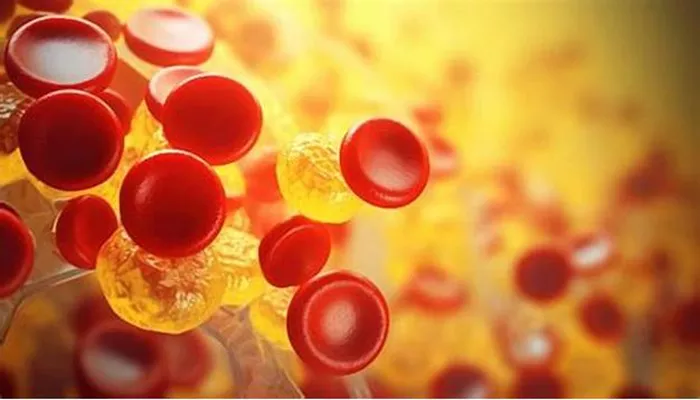Yosef Safi Harb founded Happitech to revolutionize cardiac monitoring after witnessing his father’s struggle to receive a heart condition diagnosis. His motivation led to the development of technology that detects atrial fibrillation (Afib), a heart condition characterized by an irregular heartbeat. In Afib, the heart’s upper chambers, or atria, contract erratically, sometimes too quickly for the heart muscle to relax between beats. This can hinder the heart’s ability to pump blood effectively, causing fatigue and shortness of breath, and increasing the risk of blood clots.
According to Ireland’s Health Service Executive (HSE), Afib is the most common heart rhythm disorder in the country and can lead to strokes.
With cardiovascular diseases being the leading cause of death worldwide, early detection is crucial. Happitech aims to address this need.
Founded in 2015 in the Netherlands, Happitech has created software that utilizes smartphone cameras to detect Afib. Harb, who previously worked in aerospace engineering, dedicated six years collaborating with cardiologists to validate this innovative solution. “Our ultimate goal is to become the first line of defense in cardiology, helping to
prevent and detect heart problems early,” Harb stated.
How Happitech Works
Happitech’s software employs photoplethysmography (PPG) technology, allowing smartphones to function as heart health monitoring tools without additional hardware. PPG is a non-invasive method that measures blood circulation changes.
When a user places their finger on the smartphone camera for 90 seconds, the camera detects light absorption variations caused by blood flow through capillaries.
The captured data is analyzed using proprietary algorithms trained on data from over 30,000 patients. These algorithms perform frequency and interval analyses to identify irregularities indicative of atrial
fibrillation.
The company has achieved CE certification as a Class 2a medical device and has participated in 13 clinical studies.
Happitech’s solution is currently used in numerous hospitals, particularly in the Netherlands, where it holds over 30% market share. The technology monitors more than 30,000 Afib patients monthly and has served over 500,000 unique users through various partnerships.
Overcoming Challenges
Harb acknowledged that navigating the medical device industry presents numerous challenges. “It’s like playing 5D chess; each decision impacts multiple areas of the business,” he explained. These areas include product capabilities, regulatory requirements, clinician needs, reimbursement strategies, and market entry approaches.
Despite these hurdles, Happitech continues to make progress. The startup is currently seeking $5 million in investment, with $1 million already secured. The team has grown to 15 members and is expanding across Europe. Last year, Happitech reached the finals of the Medtech Innovator pitching event.
Looking ahead, Harb and his team are determined to advance their mission. “We are currently undergoing the FDA clearance process and expect to launch our commercial offering in 2026,” he said.
Happitech aims to make personalized heart health monitoring accessible anytime and anywhere through smartphones, positioning itself as a vital player in combating cardiovascular disease globally.
Related topics:


